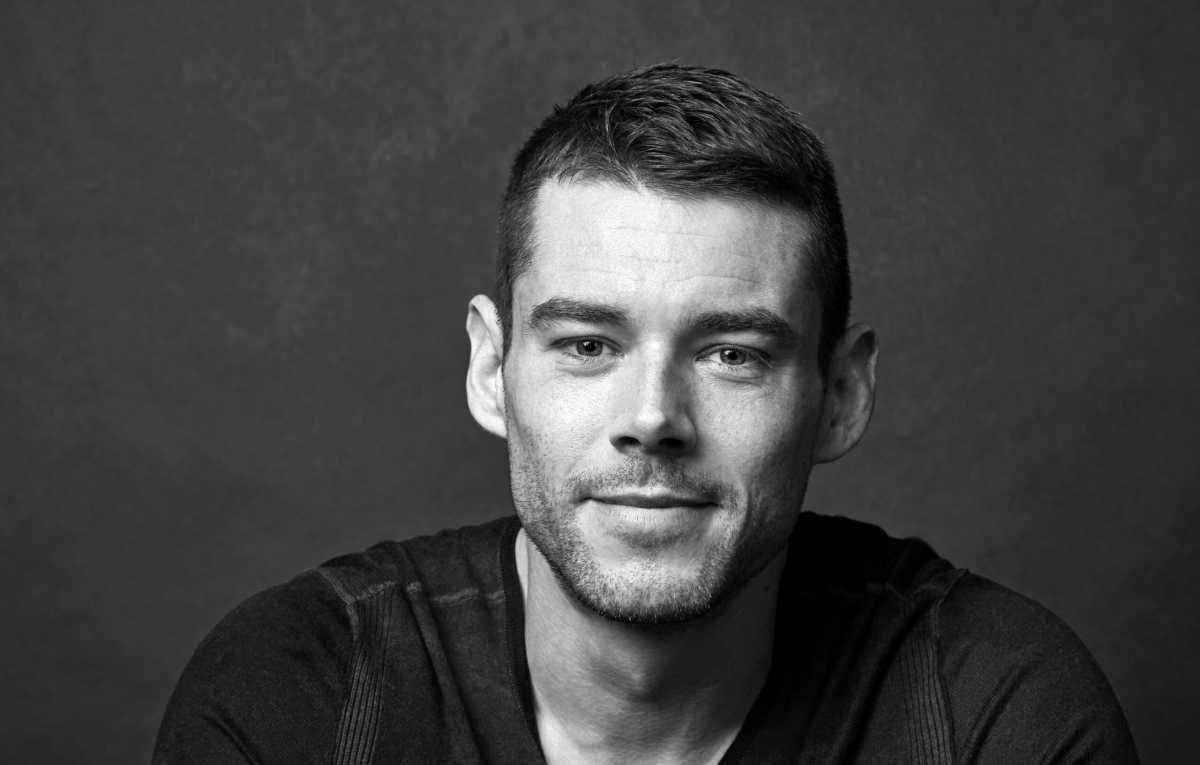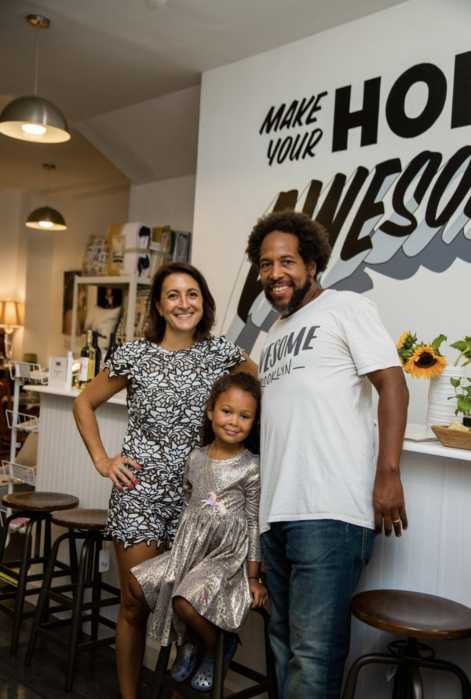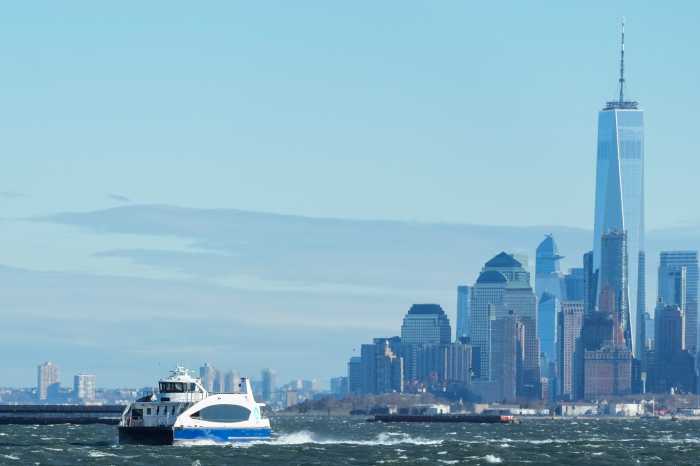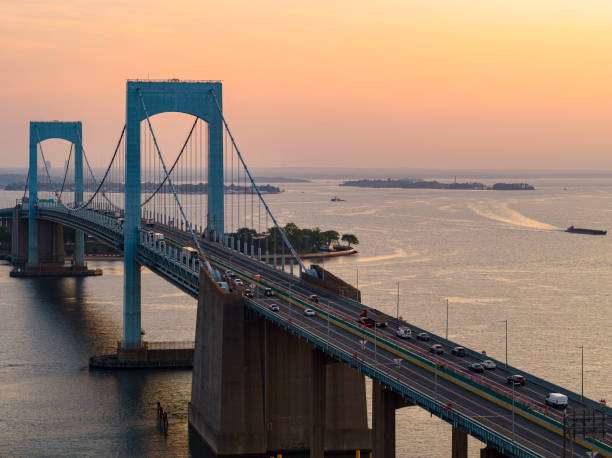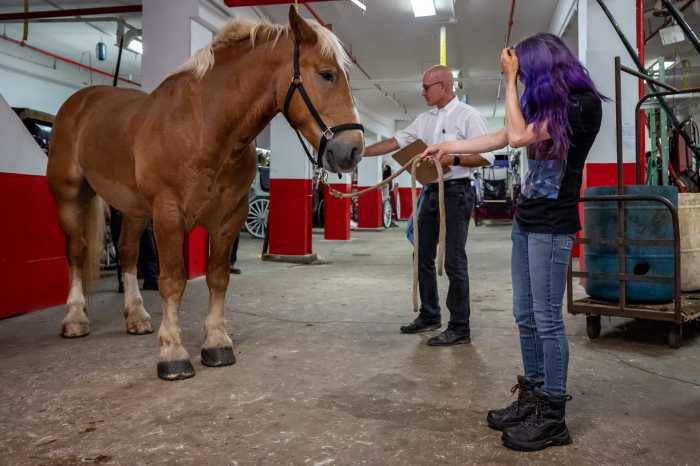Out gay actor Brian J. Smith (“Sense 8”) makes an auspicious directorial debut with his affection documentary, “A House Is Not a Disco,” about the Fire Island Pines. His film, which premieres March 8 at South by Southwest, traces a year, 2022, at the gay mecca. Smith interviews a diverse group of people, from yearlong residents and seasonal workers to visitors, volunteers, and activists who help create the strong sense of community.
There are episodes that recount the Pines’ history, and how it has changed over the decades — including the current impact of global warming — but Smith mainly emphasizes that being on Fire Island provides a feeling of being in a safe, welcoming space where LGBTQ folks can express themselves freely — as one interviewee rarely wearing clothes does.
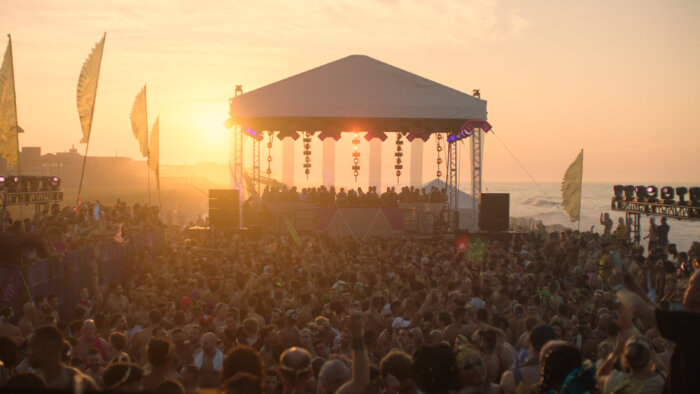
Smith, who uses interviews, archival, and observational footage, tells this story with reverence, celebrating the people that make Fire Island magical. It is the next best thing to being there.
In a recent interview, Smith spoke with Gay City News about his documentary in advance of its world premiere.
What do you recall about your first visit to Fire Island?
It was a little bit of a weird experience. The weekend that I first went out there was the weekend they released “Sense 8,” which was the queerest thing ever. I went to Tea, and people were noticing who I was from the show. I wasn’t used to that, and I got really, really panicky and nervous. I fled like Geraldine Page in “Sweet Bird of Youth.” It was very dramatic, and it set the tone in a way.
It’s a “choose your own adventure” out there. Some people go and experience a crazy weekend and do all the things that that entails. There are also people, like myself, who go out to sleep, sit by ocean or pool, and have dinner with friends. I go to recharge and know I am in a place that is like-minded and very safe. You can hold hands with someone you love and be as queeny as you want, and there is no chance they will judge you for being queer or gay. But they might judge you for being weird, or what you’re wearing or a bad haircut.
What prompted you to shift from acting to directing, and what was it about this project that you wanted it to be your directorial debut?
As an actor, 98% of your time is sitting in trailer staying out to the way waiting to be called. Like baseball, you show up and have to hit the ball. I’ve been doing this for 20 years and watching and trying to learn, but you don’t learn how to make a film or tell a story until you get up and try to do it yourself. I just turned 40 recently and I thought, “Who am I waiting for to give me permission?”
I am someone who is interested in queer gay life and if you want to find out what is happening in queer life, you go to places like the Pines. It is like homosexual concentrate, all of the schisms and class struggles, and who has power and who doesn’t. How are things shifting? It felt like a blood pressure reading of our community. It’s a snapshot in time of the things people are talking about right now. You can write a screenplay or go to the source and have the people tell you exactly how they feel.
How did you find the subjects you included and what decisions did you make regarding who to showcase?
The quirk factor was what we were looking for. It’s a film about otherness and the conversation that otherness is having with itself in a homonormative environment. We were attracted to the quirky and offbeat. We wanted to avoid the stereotypical muscle queens, the mustachioed Speedo-wearing Adonises. There are a lot of them out there. We were interested in the way that the Pines is growing with a new crop of millennial homeowners, who are a lot more into gender, androgyny, and open sexually. They did not live in a time of watching their friends die of AIDS. It is going through a renaissance. We wanted to find folks who epitomize that.
Your film also touches on issue like beach erosion. Can you discuss that?
The erosion wasn’t anything we knew going in. When we were there that summer of 2022, it was a tipping point. The army corps of engineers had to step in many years earlier than they thought they would. If you thought the beach looked bad at the end our film, the way the beach looked this past winter was terrifying. The boardwalks were hanging in mid-air. There was no sand. The protective dune was washed away. Although this has happened before, it has not happened this fast.
There is a strong sense of family in the film, from house mothers to drag queens to elder statesmen who welcome folks into their homes (and showers). What observations do you have about the sense of community that seems to exist on the island?
The thing about the Pines is that there is something old fashion and “Grovers Corners” about it. You feel you can walk into people’s kitchens and sit down and talk if you want to. You can have a random encounter with people. Everything in terms of community and family is all chosen family — they are not thrown in together and have to weather each other. These are people who find each other and cling on for dear life. But it is also important that kids in Nebraska, or kids kicked out of a Mormon family, or [queer folks] in Russia, or Iran know that there is a place like this out there in the world. It is possible that places like this exist, and they can find it and get there.
What feels most poignant about your film is the idea of legacy, as evidenced by the fountain in Trailblazer’s Park, dedicated to Marsha P. Johnson and Silvia Rivera. Your film creates a kind of legacy as well. What are your thoughts on how your film will represent Fire Island?
We wanted to make something cozy — a film that is like a friend. If I’m adding anything to the legacy of this place, it’s more about let’s build bridges and celebrate what is working and remind ourselves that this is possible, and we can handle problems in a loving, inclusive way. No one place can be everything to everyone, but the genuine effort of making a place like the Pines more perfect is really something we should celebrate. More than sex and the partying, that feeling of community is what I responded to and want to give to the world.
“A House Is Not a Disco” | Directed by Brian J. Smith | Premiering March 8 at SXSW

